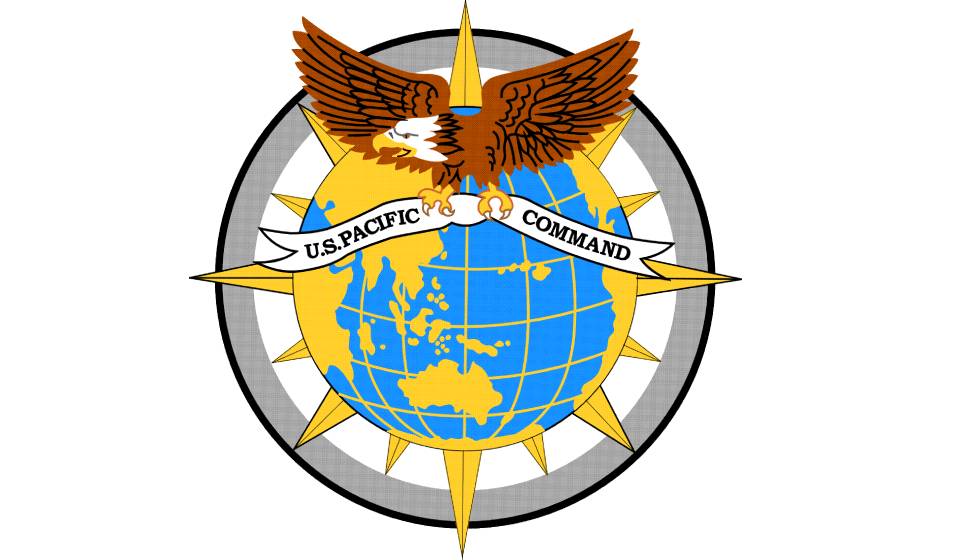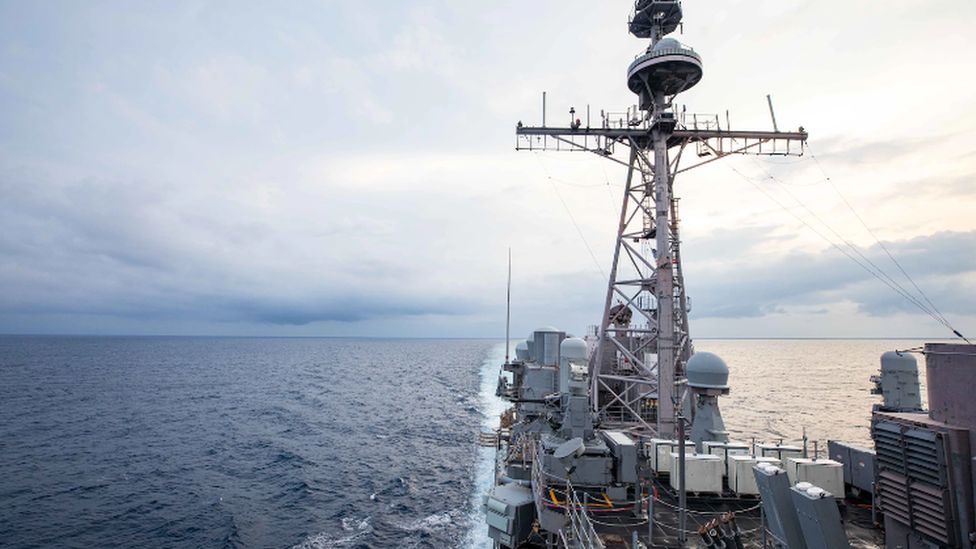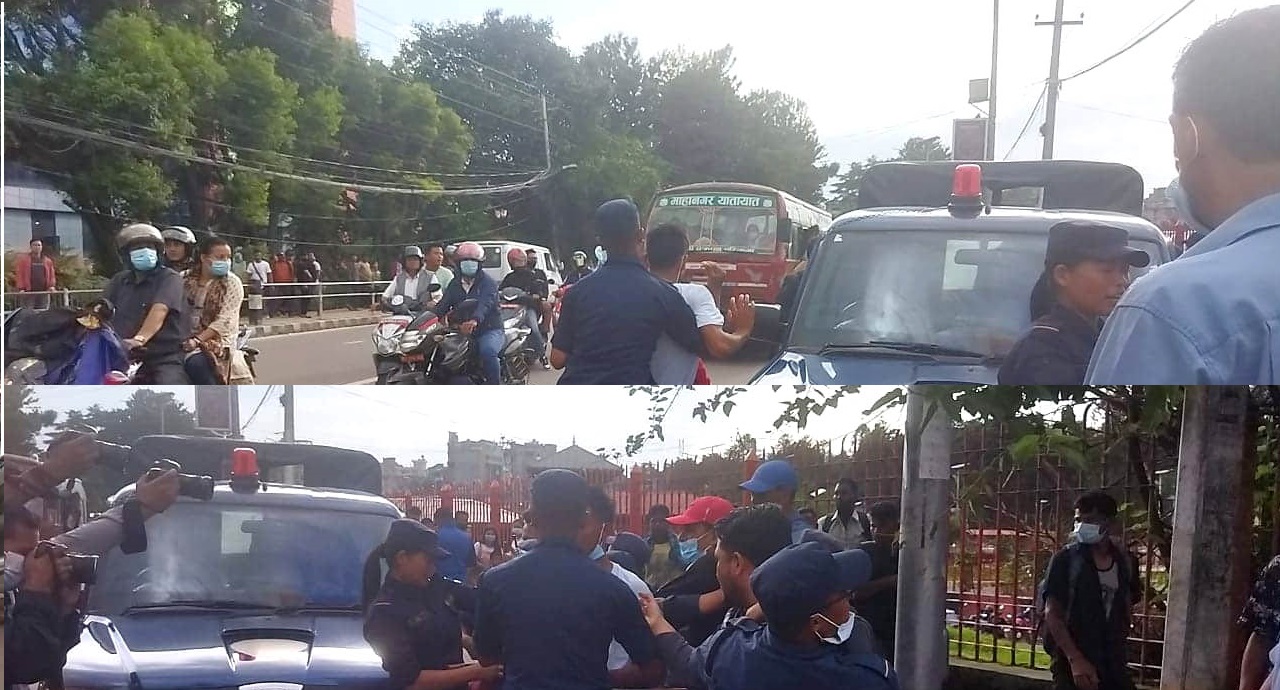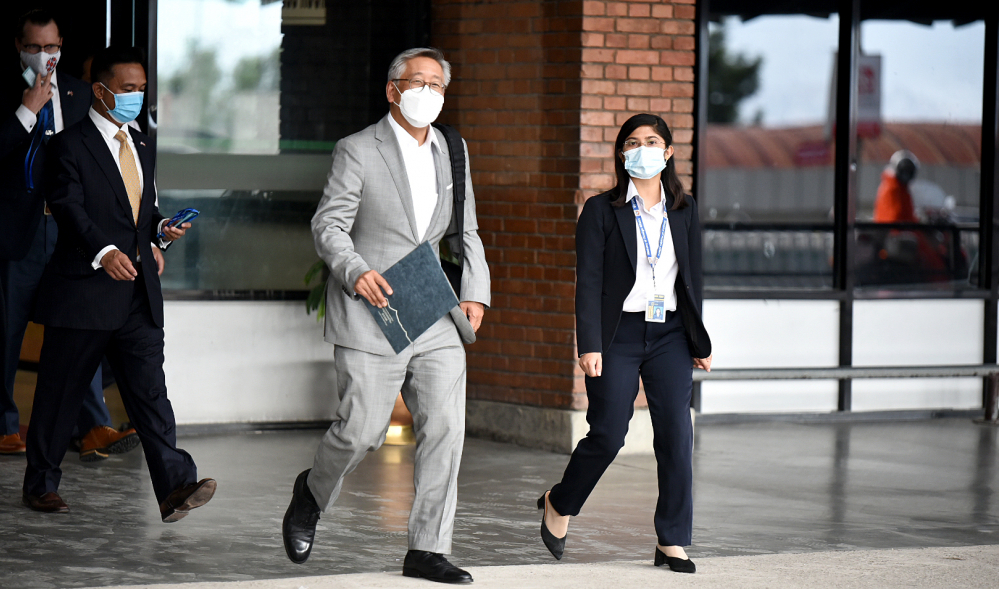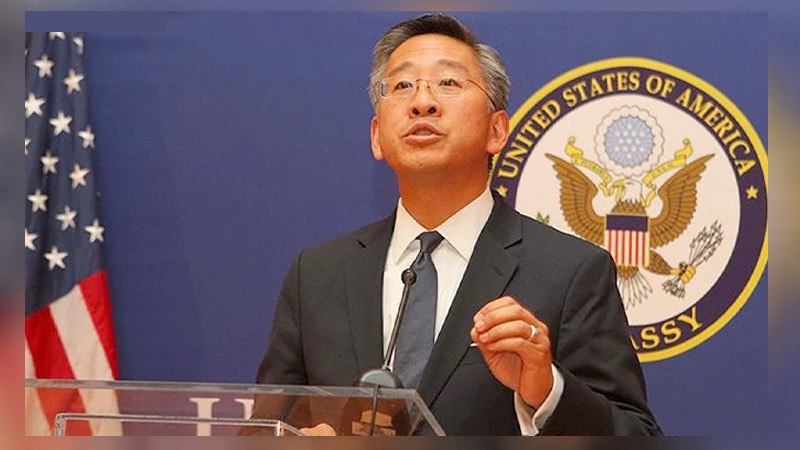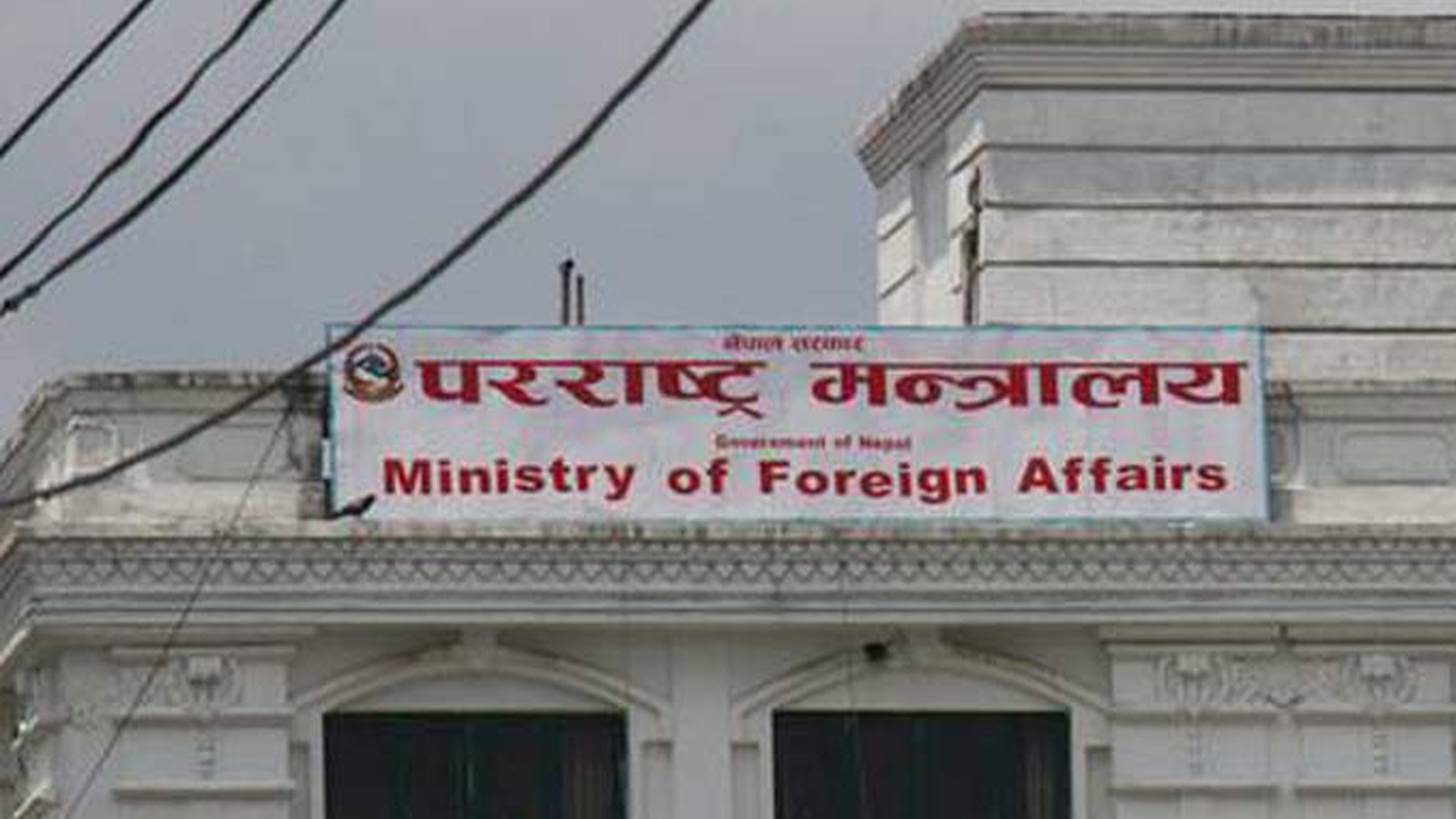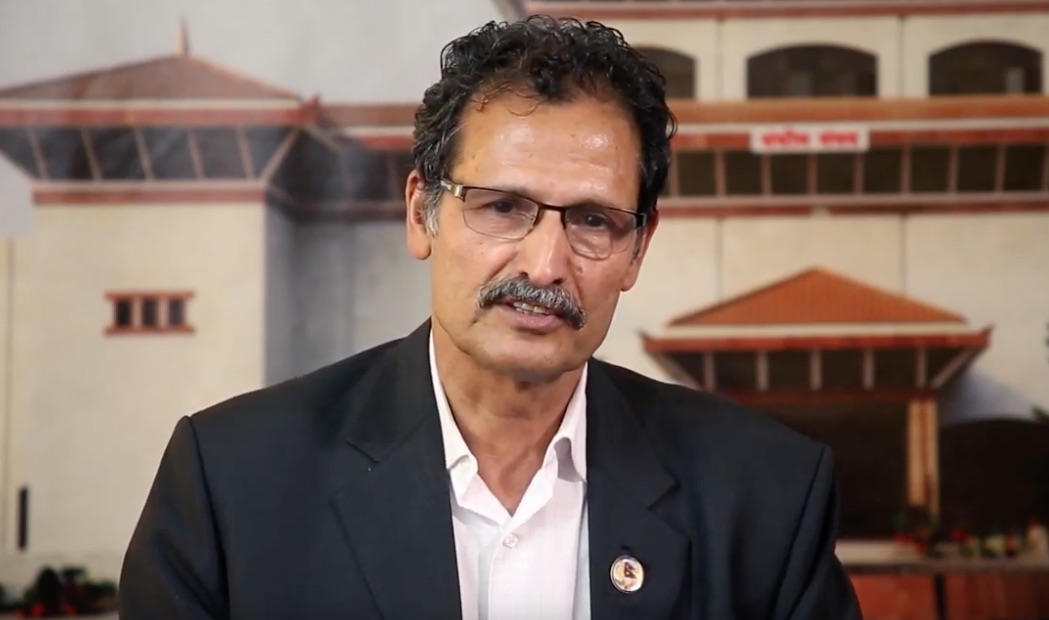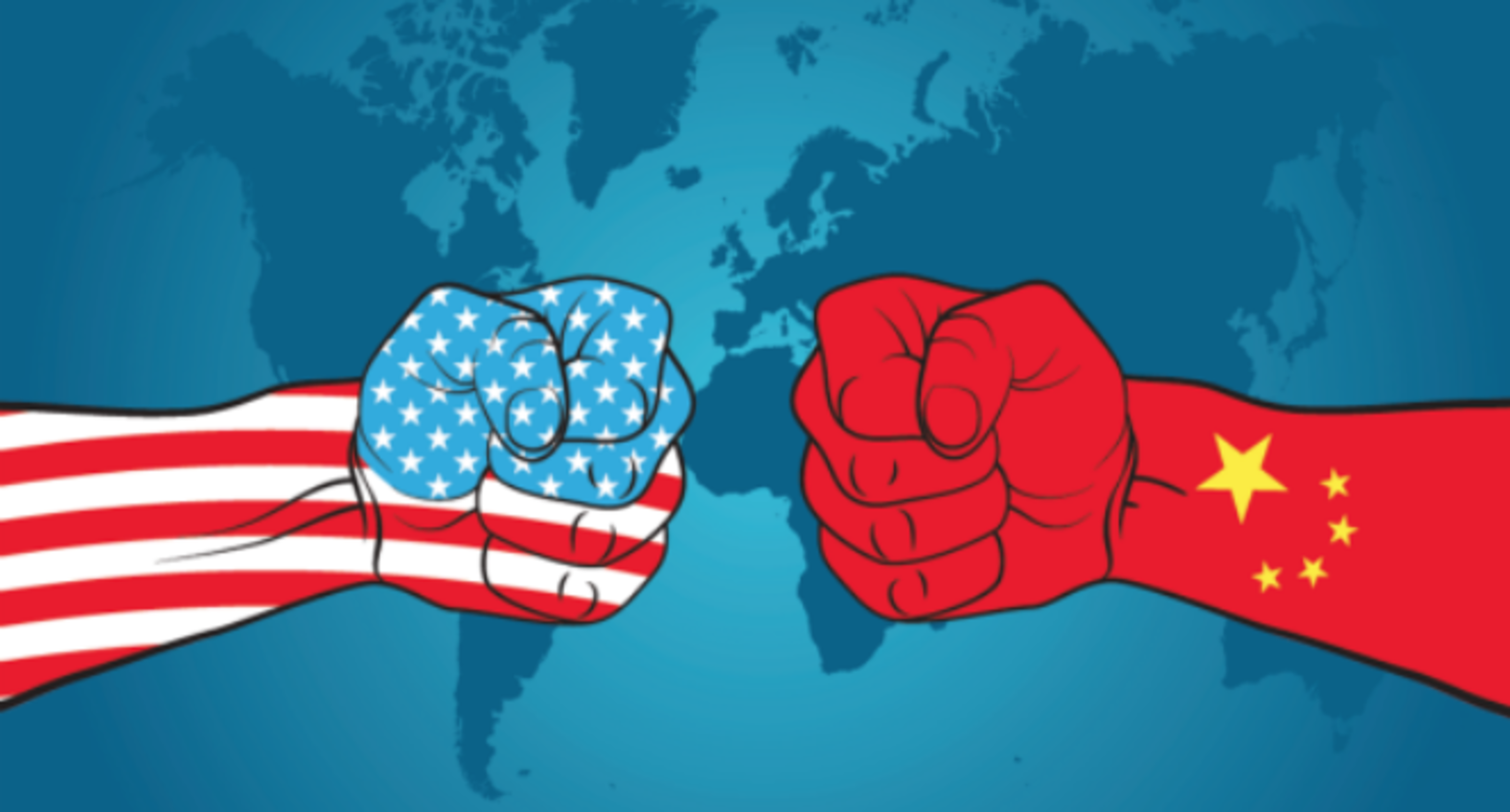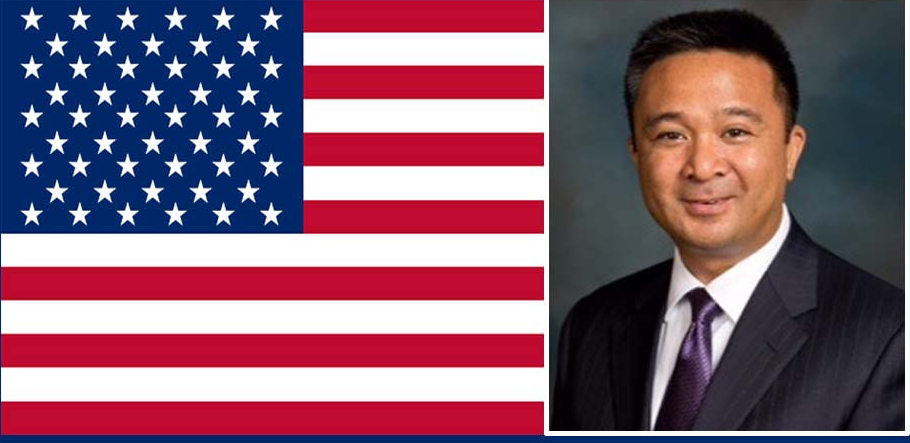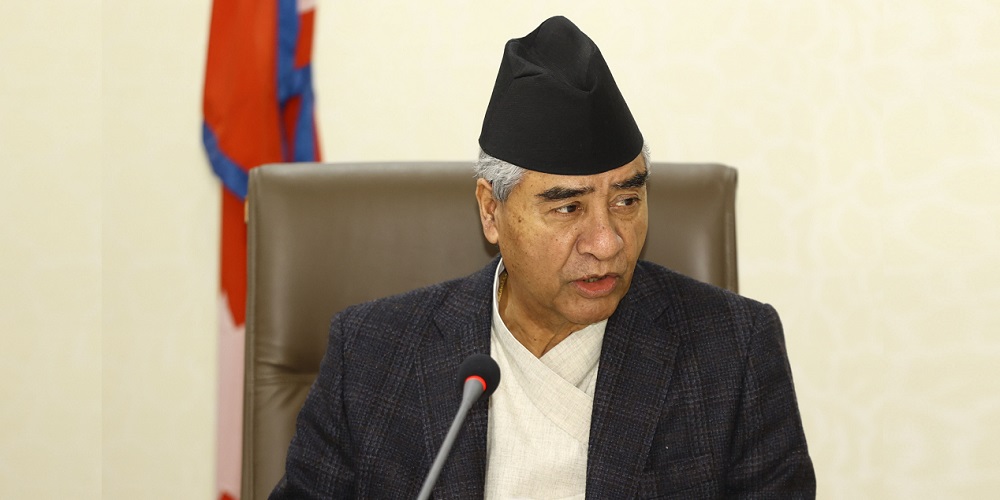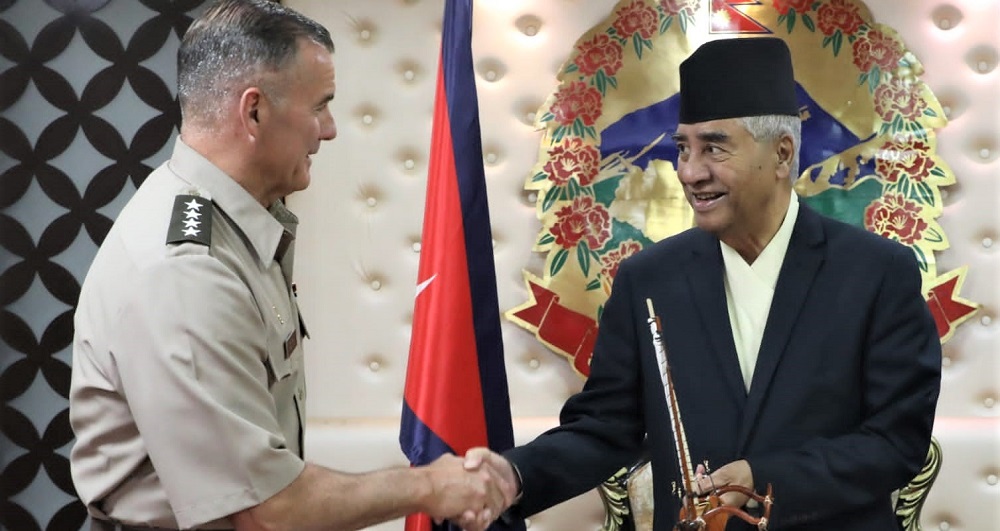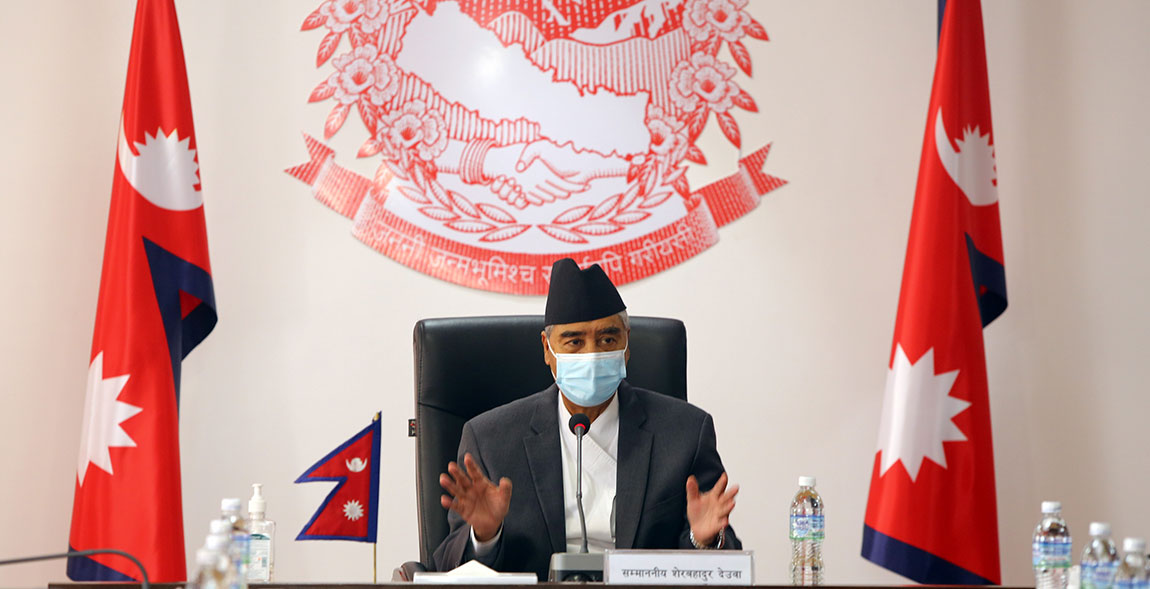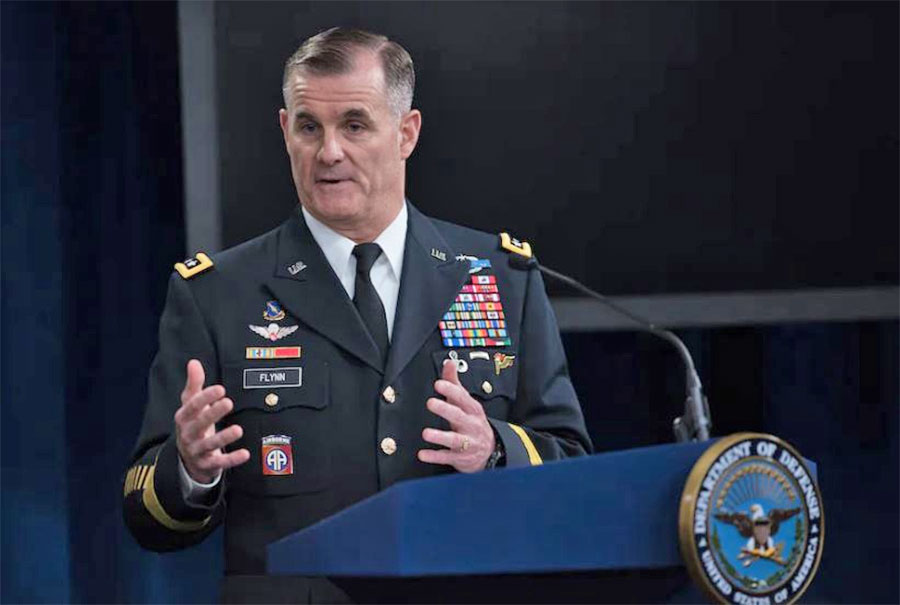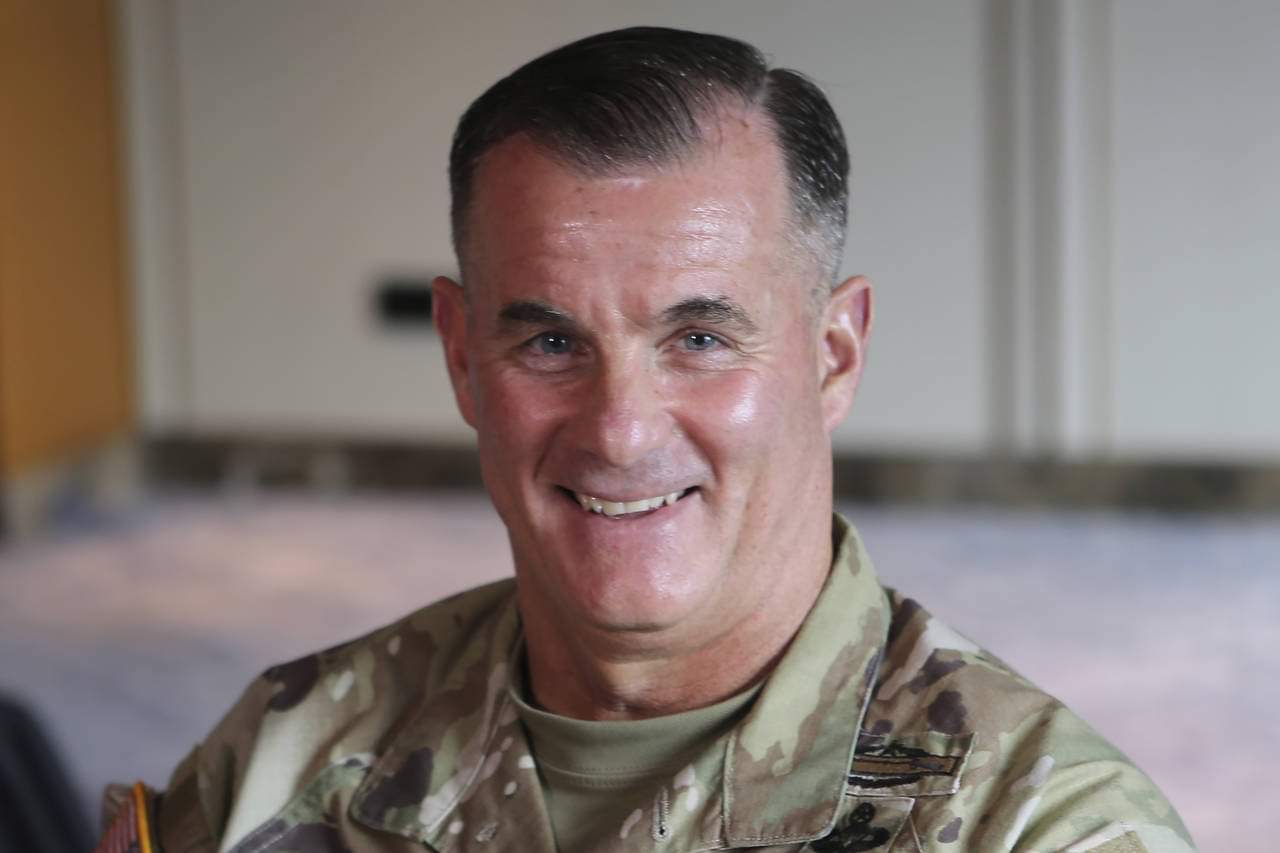The Chinese embassy in Nepal has retaliated by denying the statement made by US Ambassador nominee Dean Thompson at a hearing of the US Senate Foreign Relations Committee that the MCC had been passed by the Nepali parliament despite the China’s disinformation.
A statement issued by the spokesperson of the Chinese embassy in Nepal said that the remarks of the US side were completely baseless and they not only condemned China but also insulted Nepal and its people.
The Millennium Challenge Corporation (MCC) Compact has been hotly debated between Nepal and the United States, and the Nepali Parliament has passed a “explanatory declaration” specifically stating that Nepal’s constitution will be above the Compact and other related agreements. The declaration states that Nepal will not be part of any US military alliance, including the Indo-Pacific Strategy. It is also said that the government of Nepal and the people of Nepal have done legitimate work in favor of the national interest to protect their sovereignty and independence.
China firmly believes that in pursuing international development cooperation, the principle of mutual respect and equality should be maintained, the sovereignty and people’s will of the relevant countries should be fully respected, and the internal affairs of any country should not be interfered with, and no coercive diplomacy, and certainly the sovereignty of other countries for selfish gains. And the statement states that there should be no violation of interests.
The statement said that as Nepal’s friendly close neighbor and development partner, China would protect Nepal’s sovereignty, independence and national interest and help the Nepalese people to choose their own path of development freely and contribute to Nepal’s socio-economic development.


 NP
NP